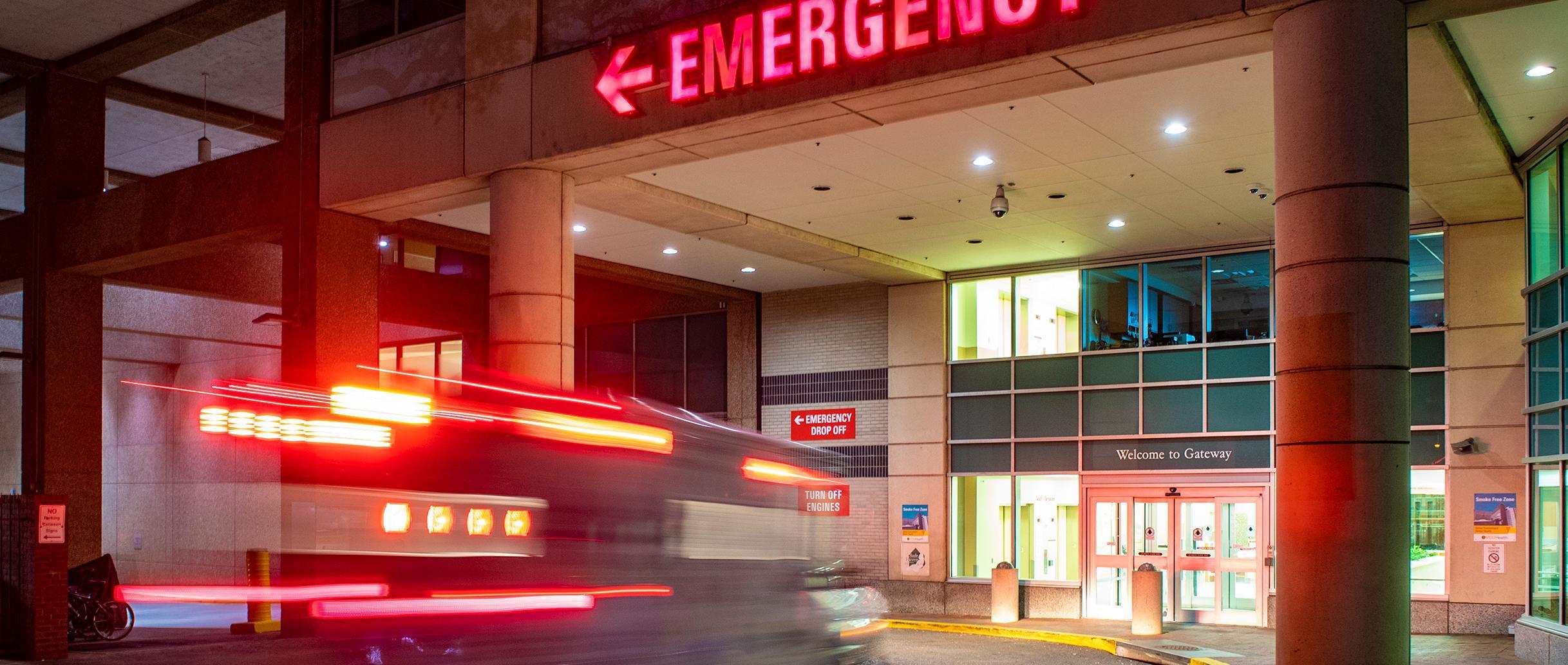
About CTCCE
The CTCCE was founded in 1980 to provide paramedic training for Central Virginia by Dr. Kimball Maull, a trauma surgeon. Our center has been supporting EMS education for over 40 years and have expanded training paramedics to include EMT and Critical Care Paramedic education. The CTCCE has been at the forefront of bringing quality EMS training programs to the region, including the NAEMT's Prehospital Trauma Life Support program, that our staff brought to the region in 1983.
Over the past 40 years, the CTCCE and staff have received many accolades and accomplishments. We partnered with the US military on several projects to provide training and education for service members or those that support military installations. CTCCE has a large international presence, as well.
The CTCCE today offers over 20 continuing education programs for healthcare providers. We are an American Heart Association Training Center, a National Associaton of EMS's Training Center, and we are accredited by the Commission on Accreditation of Allied Health Education Programs.
Goals
The CTCCE will focus its efforts and resources in support of its mission by actively:
- Providing high quality healthcare provider continuing education and credentialing in trauma, critical care, and resuscitation programs.
- Offering the best EMS initial education experiences in the Commonwealth through effective education, innovative simulation, and high-quality clinical opportunities.
- Collaborating with other EMS-facing service lines to educate our regional EMS partners evidenced-based care to improve outcomes for pre-hospital patients, regardless of hospital designation.
- Providing instructor development and mentorship opportunities for healthcare providers through our various programmatic and EMS initial educational offerings.
- Promoting diversity, equity and inclusion within the EMS profession and encouraging and supporting EMS recruitment from underrepresented communities through educational and training efforts.
- Supporting the health system and regional EMS by providing administrative infrastructure, educational expertise, and logistical support to meet their continuing educational goals and training needs.
- Helping nascent EMS systems mature though curriculum development.
- Improving the effectiveness of trauma and EMS systems, quality education, and best practices of course administration through research.
- Advocating for and supporting the health, safety, well-being, and resilience healthcare providers involved in emergency and critical care.